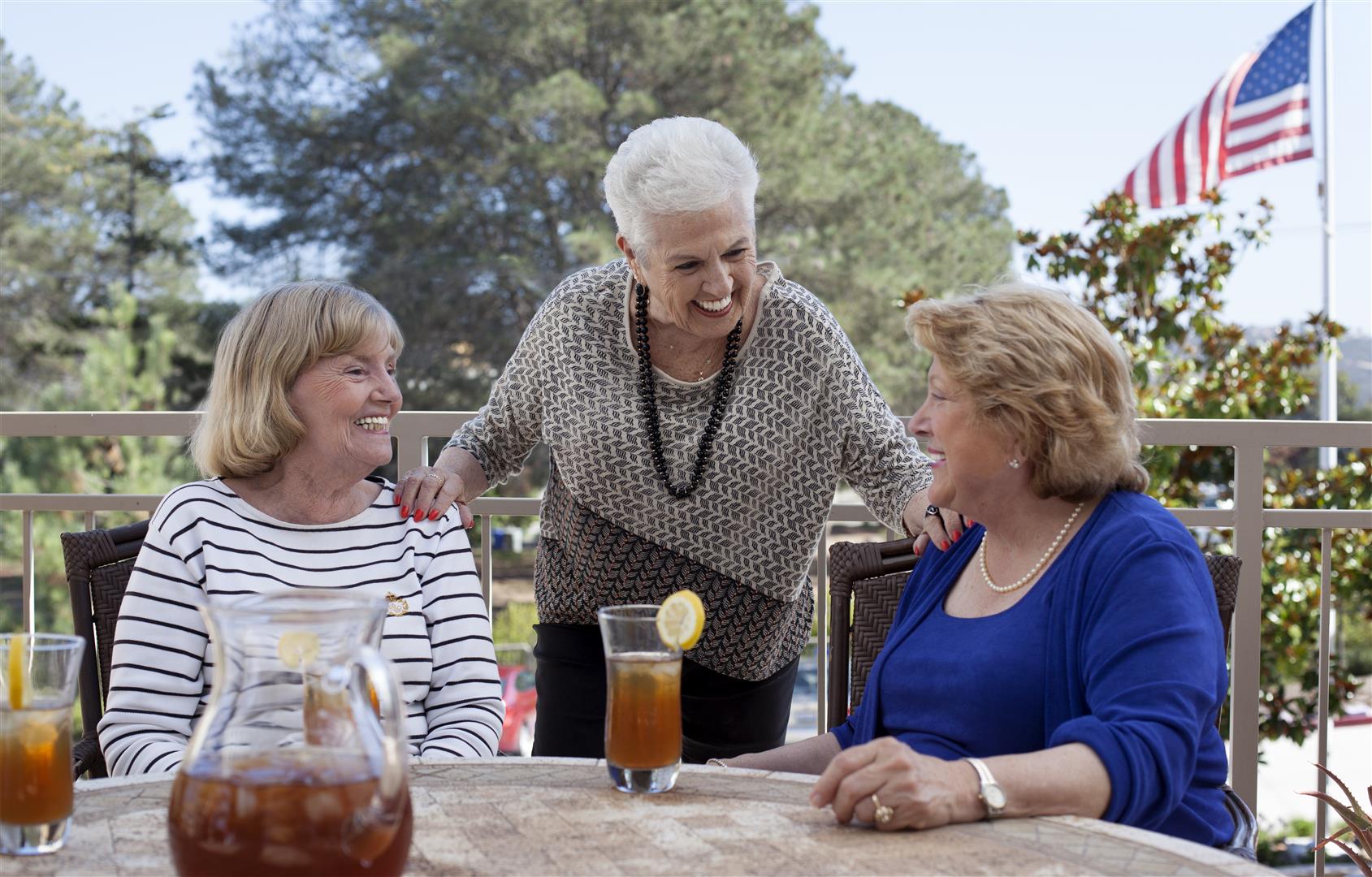Keep safe through the dog days of summer and beyond by following a few simple tips, from staying hydrated to limiting time outdoors during midday, and learn to recognize the signs of heat-related illness. According to the CDC, illness increases when the heat index reaches the upper 90s—temperatures that nearly every part of the country is reaching this summer. When the heat is on, follow these tips to keep cool, comfortable and safe.
Summer Safety Tips
- Take frequent baths and showers to cool and refresh
- Wear loose, lightweight, light-colored clothing
- Wear wide-brimmed hats when outside to help protect your face and head and use plenty of sunscreen. To learn more about UV safety, read our skin safety blog.
- Drink plenty of water to keep your body hydrated and limit alcohol and caffeine
- Eat well-balanced, refreshing, light meals
- Stay indoors in cool surroundings; use air conditioning and fans whenever possible
- Limit work outdoors to early morning or early evening
- Vacuum or clean air conditioner filters weekly
- Keep curtains drawn on windows that receive strong morning or afternoon sun
- Conserve energy as much as possible to avoid power outages from overused air conditioners
- Consider spending the hottest part of the day in an air-conditioned environment, such as a nearby shopping mall, library or community center
Know the Signs of Heat-related Illness
Heat-related illnesses are caused by prolonged exposure to hot temperatures and can included heat strokes, heat exhaustion, cramps, sun burns and heat rashes. For seniors, symptoms can begin to show after only an hour or two when exposed to peak temperatures.
The warning signs of heat-related illnesses can range from subtle to obvious, including profuse sweating followed by a cessation of sweating with the skin appearing particularly red, dry and hot. Heat-stricken individuals may also become dizzy, exhibit confusion or experience headaches. Heat illnesses can include cramps, loss of consciousness, and nausea or vomiting as well.
When you feel hot, seek a cooler environment and drink water. If more intense symptoms present, this is an indication that there could be trouble, and it’s time to seek medical attention immediately.
Knowing the signs of heat-related illnesses can make a difference for you and others. By staying hydrated and monitoring your body, you can head off more serious complications and continue to safely enjoy outdoor summer fun.

